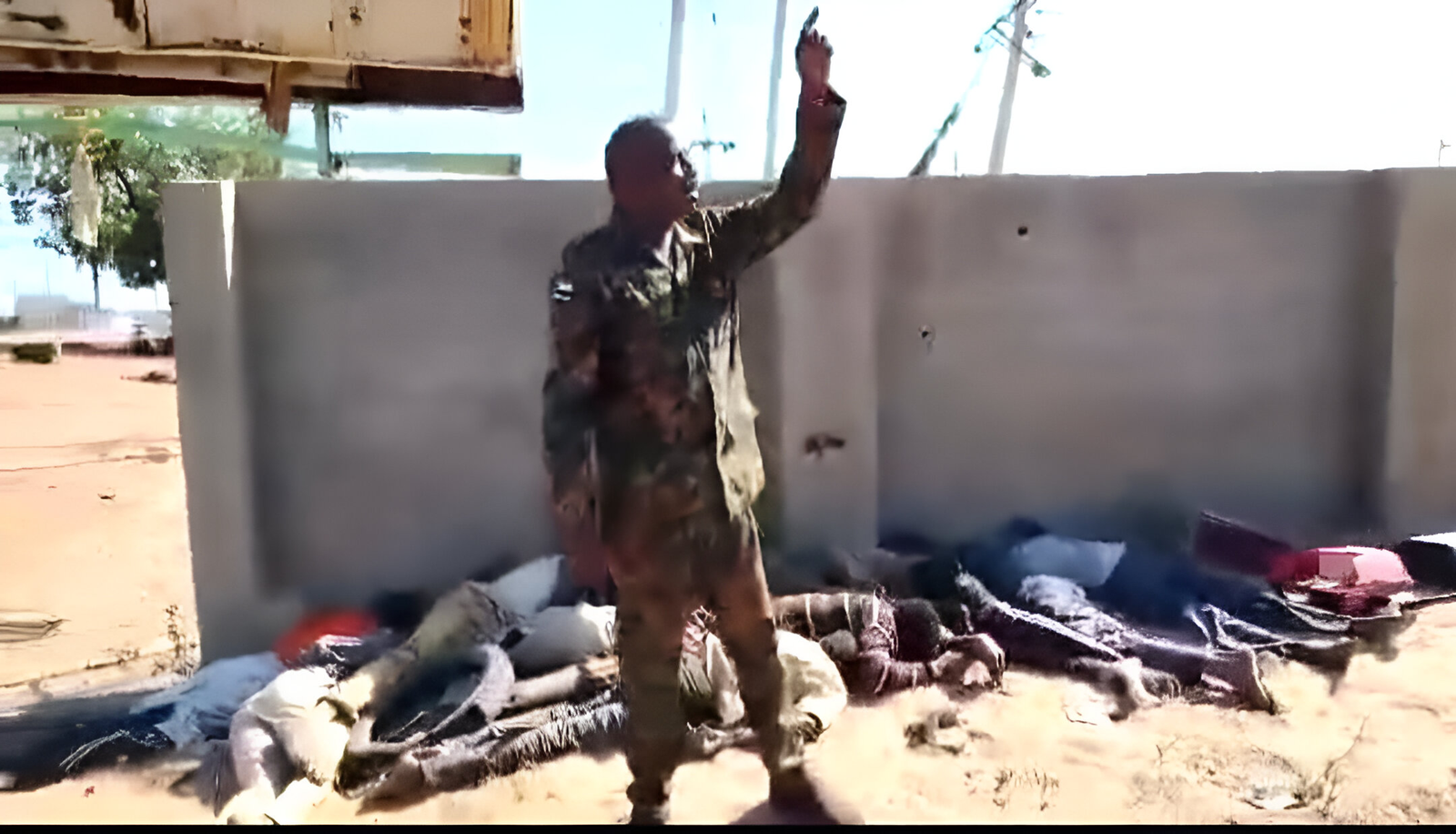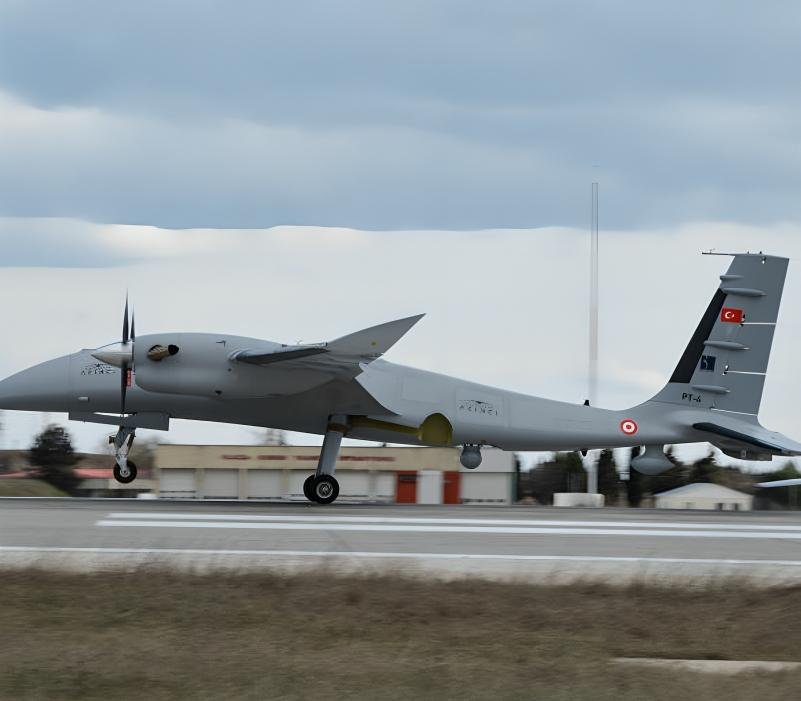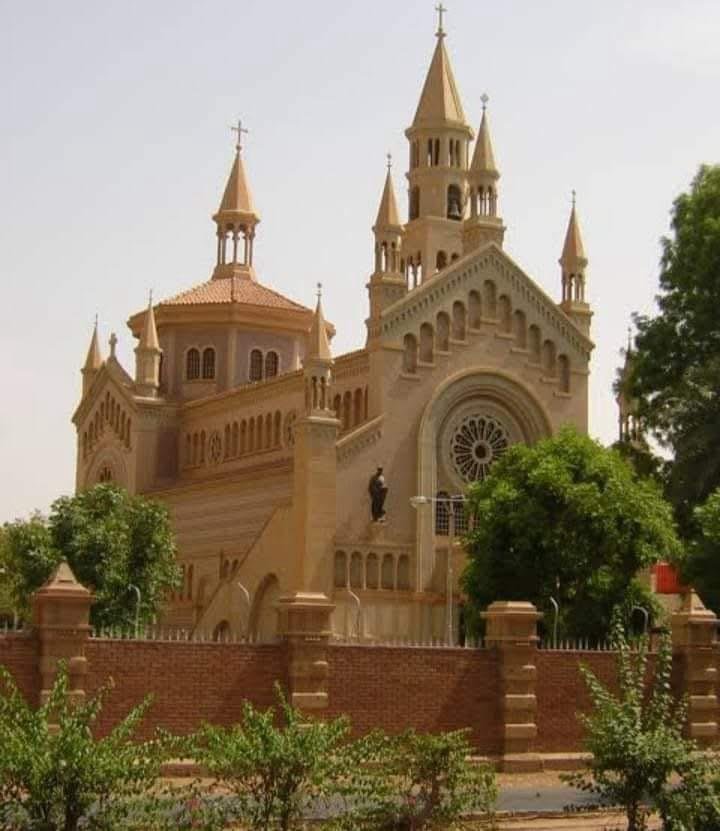Report: SPT
Introduction:
Amid the ongoing conflict in Sudan between the Sudanese Army and the Rapid Support Forces, regional tensions are escalating due to the involvement of external parties and armed groups, including the Tigray People’s Liberation Front (TPLF) from Ethiopia. The TPLF, which has been a key player in Ethiopian politics for decades, now finds itself part of a complex conflict in Sudan, where it is fighting alongside the Sudanese army.
This involvement is intertwined with political calculations that include regional rivalries, such as the complicated relationship between the Tigray Front and Eritrea, which further complicates the Sudanese conflict. While violations and crimes continue to occur in many areas of Sudan, the consequences of the TPLF’s involvement in this conflict remain profound, with the potential for escalating violence and exacerbating the humanitarian crisis in the region.
Overview of the Tigray People’s Liberation Front:
The Tigray People’s Liberation Front (TPLF) is a political and military movement with an ethnic focus, founded in 1975 in the Tigray region of northern Ethiopia. It began as a rebel movement against the Marxist Derg regime, leading a coalition that succeeded in overthrowing the government in 1991. This victory allowed the TPLF to dominate Ethiopian politics for decades, as part of the Ethiopian People’s Revolutionary Democratic Front (EPRDF) coalition.
Although the Tigray people make up only about 6% of Ethiopia’s population, the TPLF maintained political dominance for nearly three decades. After Prime Minister Abiy Ahmed came to power in 2018, tensions between the TPLF and the federal government escalated, leading to a fierce war in November 2020 that resulted in a horrific humanitarian crisis in the Tigray region.
In November 2022, the TPLF signed a peace agreement with the Ethiopian government, significantly reducing its political and military influence. However, some splinter groups associated with the TPLF continue to pose a security threat, complicating efforts to achieve stability in both the region and the wider area.
Horrific Massacres In East of Al-Jazirah state and the city of Madani
On Saturday, January 11th, the regions of East Al-Jazirah and the city of Wad Madani witnessed horrific events described by eyewitnesses as brutal crimes and unimaginable violations. With the entry of Sudanese Islamic groups allied with the army, gruesome massacres occurred, involving the execution of hundreds of people in the streets. According to witnesses, the executions were carried out in brutal ways, some by shooting and others by beheading in a manner reminiscent of ISIS. The atrocities also included disemboweling some victims and removing their internal organs. In a horrifying incident, a young man was thrown into the Nile from a bridge after being tied with a rope from his mouth and his hands bound, then shot while falling into the water.
Widespread Targeting
The victims included members of democratic parties, resistance committees, political activists, and residents from western Sudan. Reports indicated that dozens were killed on ethnic grounds in the agricultural workers’ villages known as “Kanabi,” particularly in the “Kombo Khamsa” area in East Al-Jazirah. Local sources reported that two children were deliberately burned to death, while 13 women remain missing. The “Kombo” was burned down similarly to other Kanabi that also faced complete destruction. The threat to the Kanabi in Al-Jazirah persists, with factions affiliated with the armed “Sudan Shield” militia led by “Kikel” announcing their intention to remove all Kanabi from Al-Jazirah State and expel their residents, claiming they are returning them to their original areas in Kordofan and Darfur.
Unimaginable Atrocities
An eyewitness from the city of Wad Madani described the events on Tuesday, January 14th, as “horrific and beyond all imagination,” carried out by army forces and the allied militia “Al-Bara’a Bin Malik.” The witness confirmed incidents of rape and murder targeting female medical staff and tea sellers, who were taken to a building in the Zamalek neighborhood of Wad Madani. The witness, Azeddin Ahmed Al-Hassan, wrote on Facebook: “I have witnessed more than a hundred raids, but what is happening now is beyond all imagination. Massacres against resistance committees, doctors, and health workers, as well as activists in public work and anyone who casually talked about politics.”
The witness added that lists of targeted individuals had been prepared in advance by the Islamic movement militias allied with the army, citing the details of the massacre and the precision in identifying the targets, especially women, including tea sellers and medical staff who were taken to Zamalek, where they were raped before being slaughtered with knives. He noted that they had stopped killing detained civilians by shooting and had resorted to executing them by slaughter.
Tigray Mercenaries Participating in the War in Sudan
On the 11th of this month, during a public speech following the entry of Sudanese army forces into the city of Wad Madani, Rapid Support Forces (RSF) Mohamed Hamdan Dagalo, stated that mercenaries of the Tigray ethnicity from Ethiopia were fighting alongside the Sudanese army and its allied militias. Many had initially considered this statement to be an exaggeration, even akin to a joke. However, a new confirmation emerged on January 15th, when a video circulated on social media showing a senior Sudanese army officer, named Al-Sunni Haider, thanking the Tigray mercenaries fighting alongside the army. In the video, several Tigray fighters were seen next to the officer, who mentioned their readiness to fight “until all Islamic lands are liberated.”
Al- Sunni Haider, the officer in the video, is affiliated with the “Islamic Movement” and is a resident of the city of Damazin in the Blue Nile state. He joined the “Al-Bara’a Bin Malik Brigades,” a militia affiliated with the Islamic movement, and recruited members from the Tigray Muslim minority into it. This development comes after the militia began recruiting foreign elements from neighboring countries to expand its influence.
Regional Threat and Continued Humanitarian Crisis
The involvement of Tigray People’s Liberation Front (TPLF) elements in the Sudanese conflict between the army and the Rapid Support Forces (RSF) poses a significant threat to regional stability, particularly given Eritrea’s support for the Sudanese army with training and military assistance. This regional entanglement complicates the Sudanese conflict and increases the likelihood of escalating violence due to intertwined political calculations. The participation of Tigray forces, with their extensive combat experience, bolsters the Sudanese army’s operational capabilities; however, it also risks inflaming regional side conflicts and spreading the war to neighboring countries. This potential escalation will not only have military consequences but will also deepen the humanitarian crisis, exacerbate civilian suffering, and hinder efforts to achieve peace in Sudan and the broader region.




